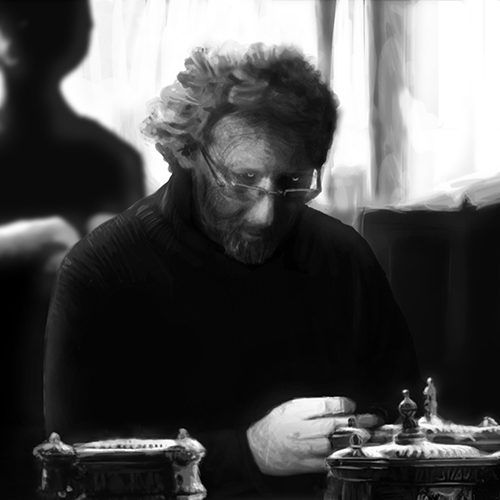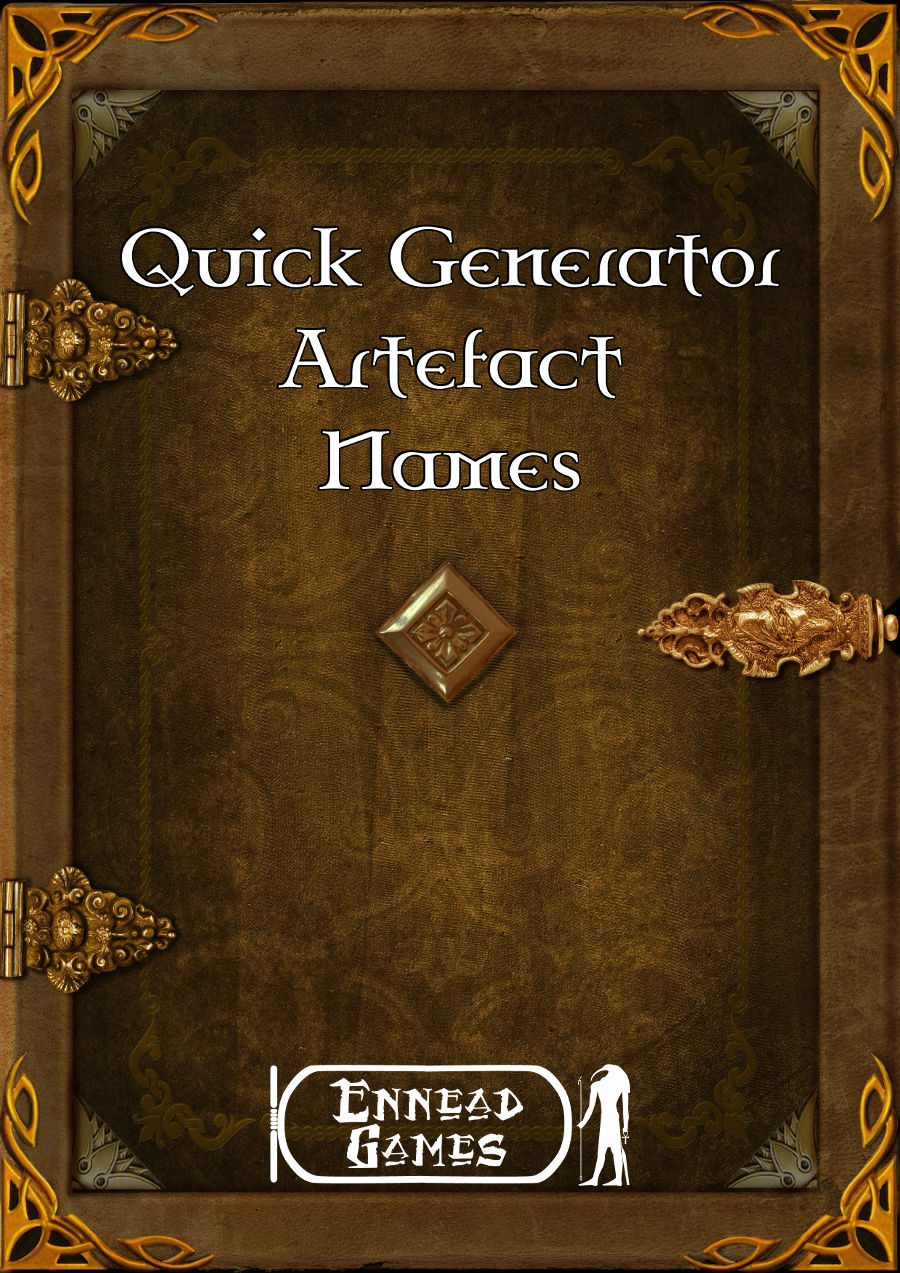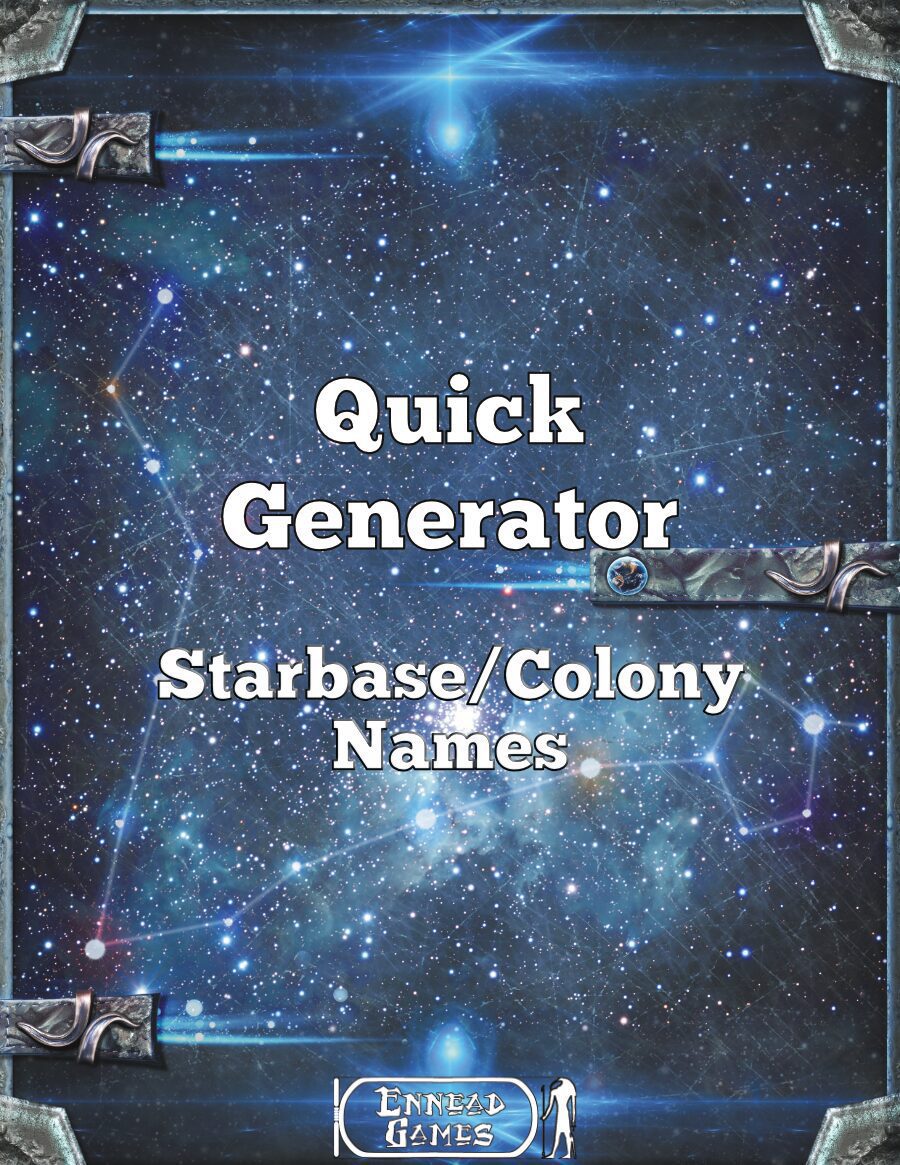
Bright Sparks: Player Principles in Spark RPG
Phil Nicholls blogs at Tales of a GM, where he writes about narrative gaming, faster prep and more story. He is currently running a HeroQuest Glorantha campaign in a home-brew setting. Phil has written for Johnn Four’s Roleplaying Tips newsletter and has a selection of self-published pdfs.
This essay is taken from the archives at Tales of a GM.
These days, I find more interesting ideas in indie RPGs than in their mainstream cousins. One example of this was Spark RPG by Jason Pitre. In the book, Jason included all sorts of helpful advice. Alongside the usual guidelines to GMs, Jason wrote some fascinating principles for Players.
Spark RPG
First, however, a quick look at Spark itself.
Spark is designed by Jason Pitre, and published by Genesis of Legend Publishing in 2013. This storytelling RPG spotlights building worlds and challenging the characters’ beliefs within those worlds. The introduction describes the game as follows:
“The Spark RPG is about imagining, building, and exploring fictional worlds. It gives you all of the tools and guidance you need to create an evocative and engaging Setting. It shows you how to find inspiration and collaboratively build a world with your friends. Most importantly, it teaches you how to create a place that each of you find compelling.
“The game is purpose-built to foster creating dynamic, custom Settings. You can work together to create a world that interests all of you, one that gives you a context for rich stories.”
Player Principles
As part of the excellent storytelling advice in Spark, Jason offers four principles for the Players to follow. These principles are:
- Share your energy and creativity.
- Take risks and escalate Conflicts.
- Be good to each other.
- Challenge their Beliefs.”
It is very common for a game to offer advice to the GM, both in terms of running the game itself, and broader advice about crafting a story. However, despite the fact there are many more Players in a game, it is rare for there to be play advice aimed at them. Thus, Jason’s principles really stood out for me.
Let us look at each piece of advice in more detail.
Share your Energy and Creativity.
“Share your ideas. They’re not a limited commodity and the more you share, the more you come up with.”
Ours is a collaborative hobby, and the essence of the story is what emerges at the table during play. This is the point where the Players and GM interact, and the more we share in this process, then the greater the fun for everyone.
How can you do this in your game? Make suggestions, to both the GM and other Players. Take an active role in building your setting together, and be open to the ideas of your fellow Players.
Take Risks and Escalate Conflicts.
“Be vulnerable. Let your guard down and push your boundaries. The story will be more personally meaningful that way and it can help you learn more about yourself.”
It is all too easy in a game to always look for the safest option every time. This is a missed opportunity, as there may be more fun to be had by pushing the boundaries. For a story to mean more to you, to resonate deeply, then put more of yourself into the game. Invest yourself emotionally in the game, and there will be much greater rewards, both for yourself and for the wider story.
How can you do this in your game? Play your character as a Hero, with a big heart and big problems. Be bold and take chances. It may not always be the most sensible option, but it is certainly going to be the most interesting, and the most fun. The gaming stories we all remember are the ones where the Players took risks, and succeeded.
Be Good to Each Other.
“You are all here to have a good time. Ask what your fellow players what they are looking for in the game. Ask your GM what she is enthusiastic about. Make sure that all of your moves and decisions work to support the other people you are playing with.”
This is the classic advice from Bill S, Preston, Esquire and Ted “Theodore” Logan:
“Be excellent to each other.“
As a social game, this is perhaps the most important of Jason’s advice. It cannot be stressed enough, how it is not solely the responsibility of the GM to ensure the well-being of the group. People want alternate things from the game, and it is just as much for the group as a whole to facilitate these competing desires, as it is for the GM to juggle the story.
How can you do this in your game? You know your friends, so you know what aspects of the game they like. Thus, help everyone find what they want in the game. Ask the right questions, move the plot along in the right direction to help your friends find the parts of the game they want, and then step aside to let them have their moment in the sun.
Challenge their Beliefs.
“The game asks you to challenge your Beliefs, and those held by others. When you do so, either by supporting or by refuting any given Belief, you earn Influence. Help the other people at the table do the same. This is the one principle shared by the players and the GM.”
Of al the Player Principles, this one is the most specific to Spark’s focus on conflicting beliefs. However, characters in every game are likely to have core beliefs of some sort. While being sure to be good to each other, there is still scope to tease out another Hero’s core beliefs by your own actions.
How can you do this in your game? The simplest way is to converse with the Hero about a belief: talk theology with the priest. You can play along with the core beliefs, to draw them out during the game: pray to your own deity, or have the priest hold worship for the Heroband.
Experienced Players, in accommodating groups, may be comfortable with playing the foil to another character. This involves more confrontation, but can throw beliefs into sharper focus: argue the existence of magic refutes the power of the gods. Alternately, you could act in contravention of another Hero’s beliefs, only to find trouble and need to be rescued. Cue a practical demonstration of the supremacy of these beliefs, probably followed by a lecture.
Broader principles
These principles were written by Jason to enhance the play experience of Spark. Yet, they apply equally well to all RPGs. Individual groups and games will vary, so choose the best approach to enhance your game.
The presence of any set of principles directed to the Players is to be commended. Ours is a groups activity, and the responsibility to ensure all participants have fun is borne by everyone at the table. Yes, it is even part of the Players’ responsibility to make sure the GM is having fun too.
This can involve compromise, and a deliberate sharing of spotlight time. These principles are not always easy to follow, but they will result in a far better game for everyone. This is the main reason we play, right?
Conclusion
The Player principles in Spark RPG are a great way to enhance the experience at the table for everyone. Just as most games include advice for the GM, so too should advice for the Players be a standard part of our hobby.
What Player principles would you include? Has Jason missed anything important from his list? Share your thoughts with your fellow GMs in the comments below.
Happy Gaming
Phil
For more essays from Phil, and updates about his latest campaign, visit Tales of a GM.
Get a compiled pdf of Tales of the GM best articles of 2016 here



